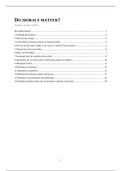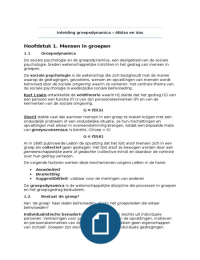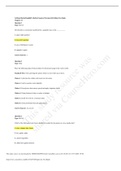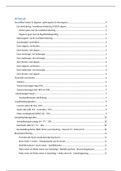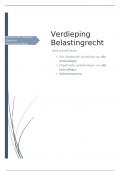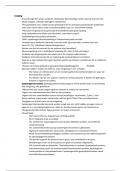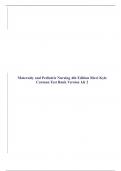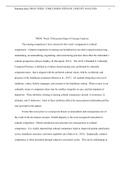Summary
Summary Do Morals Matter - Ian S. Markham
- Course
- Institution
- Book
This document contains a compact, but complete summary of the book "Do morals matter?" from Ian S. Markham. Only the last two chapters are not included, because they are not very relevant. At the end of the summary of each chapter, I added a glossary with the most imporant concepts of that chapter....
[Show more]
